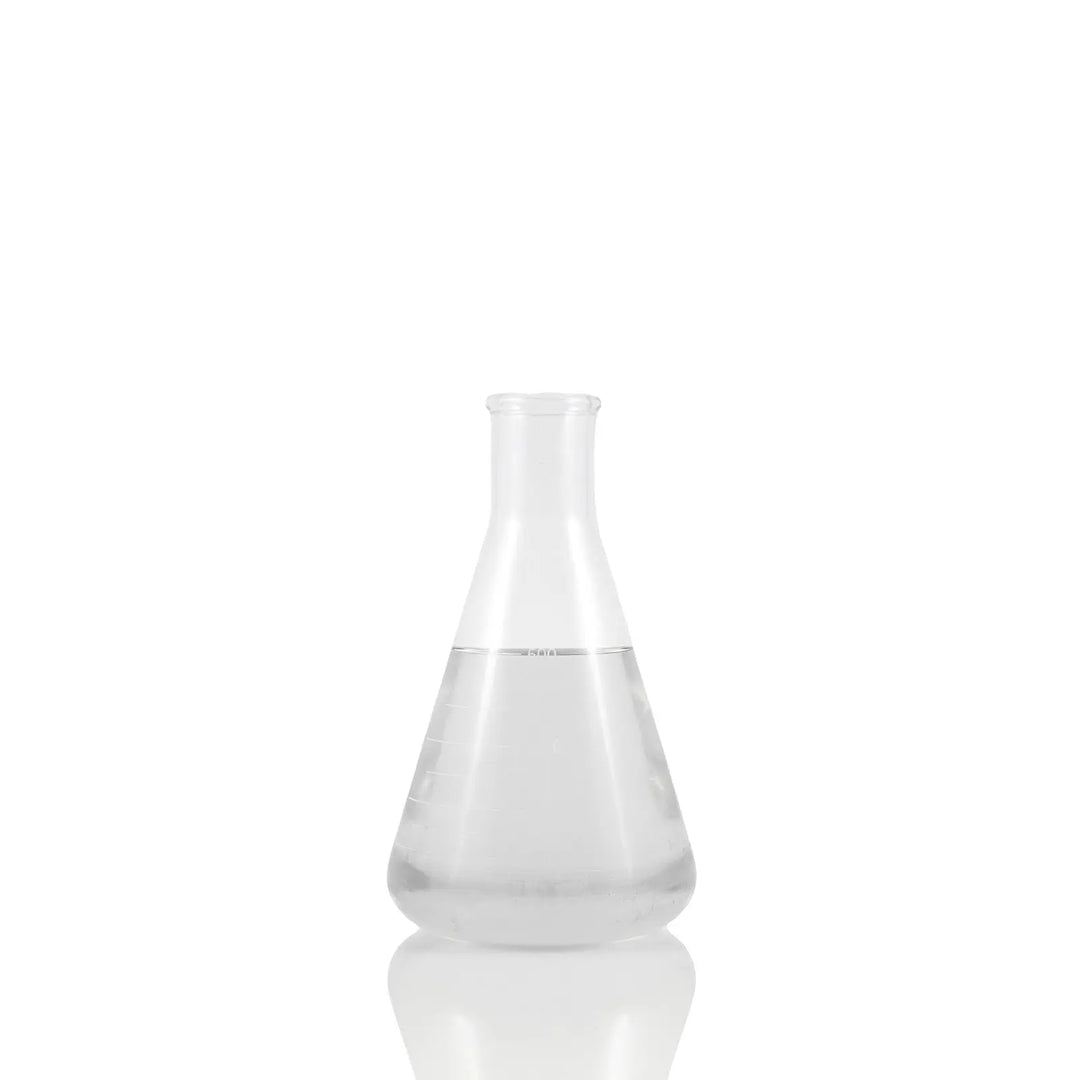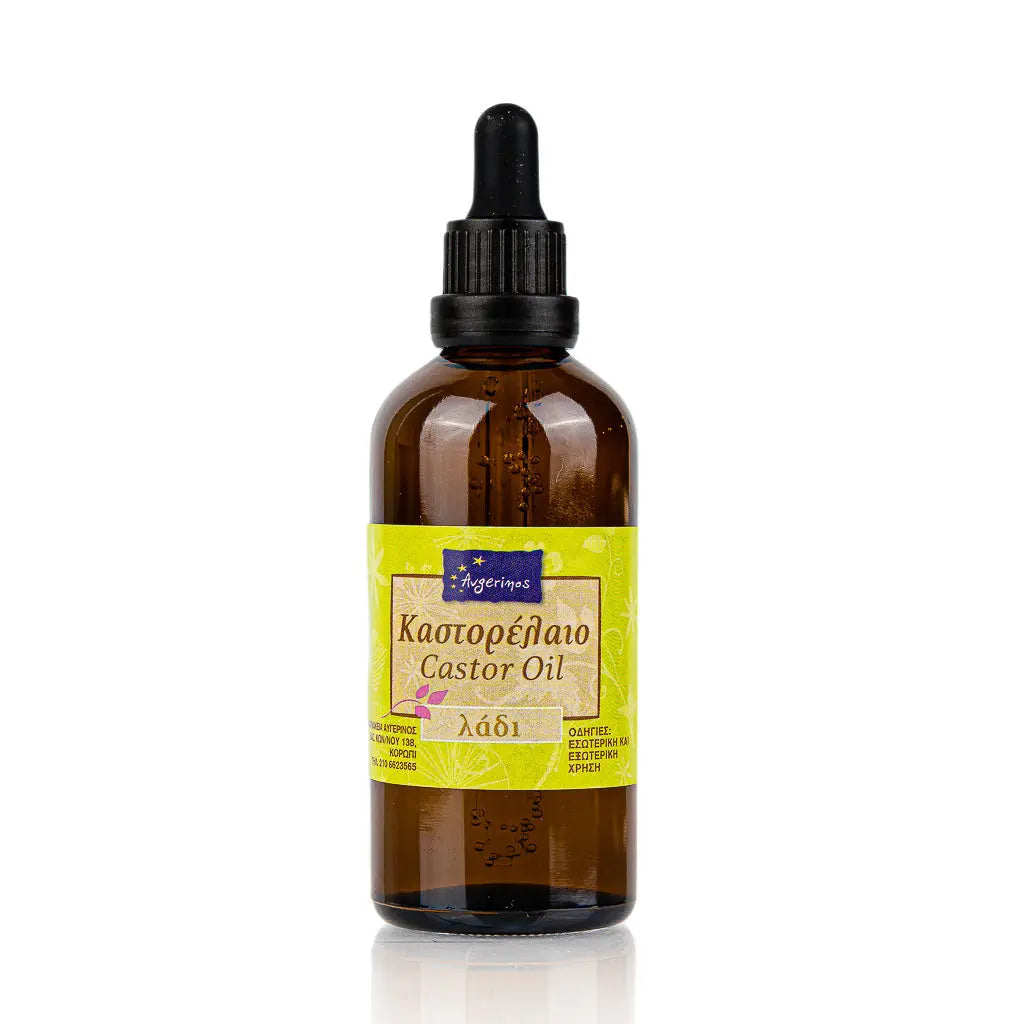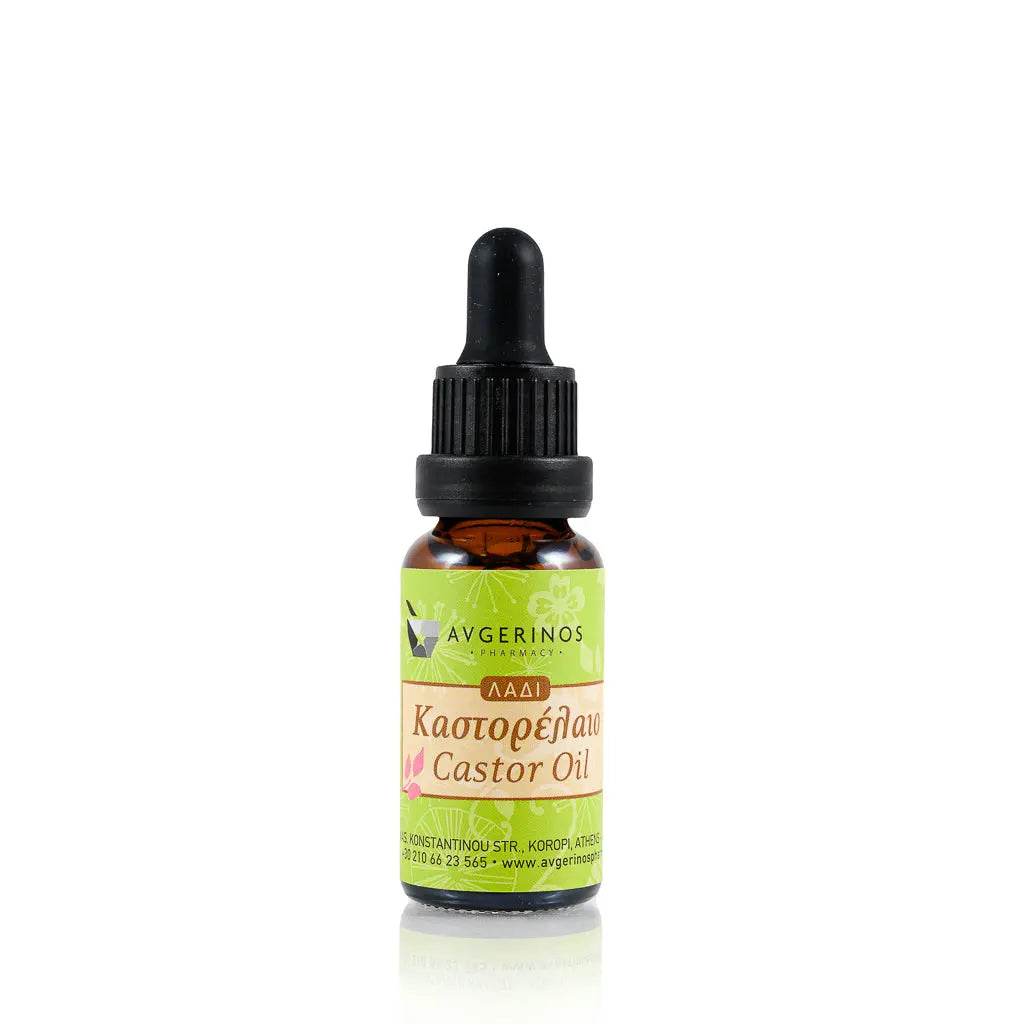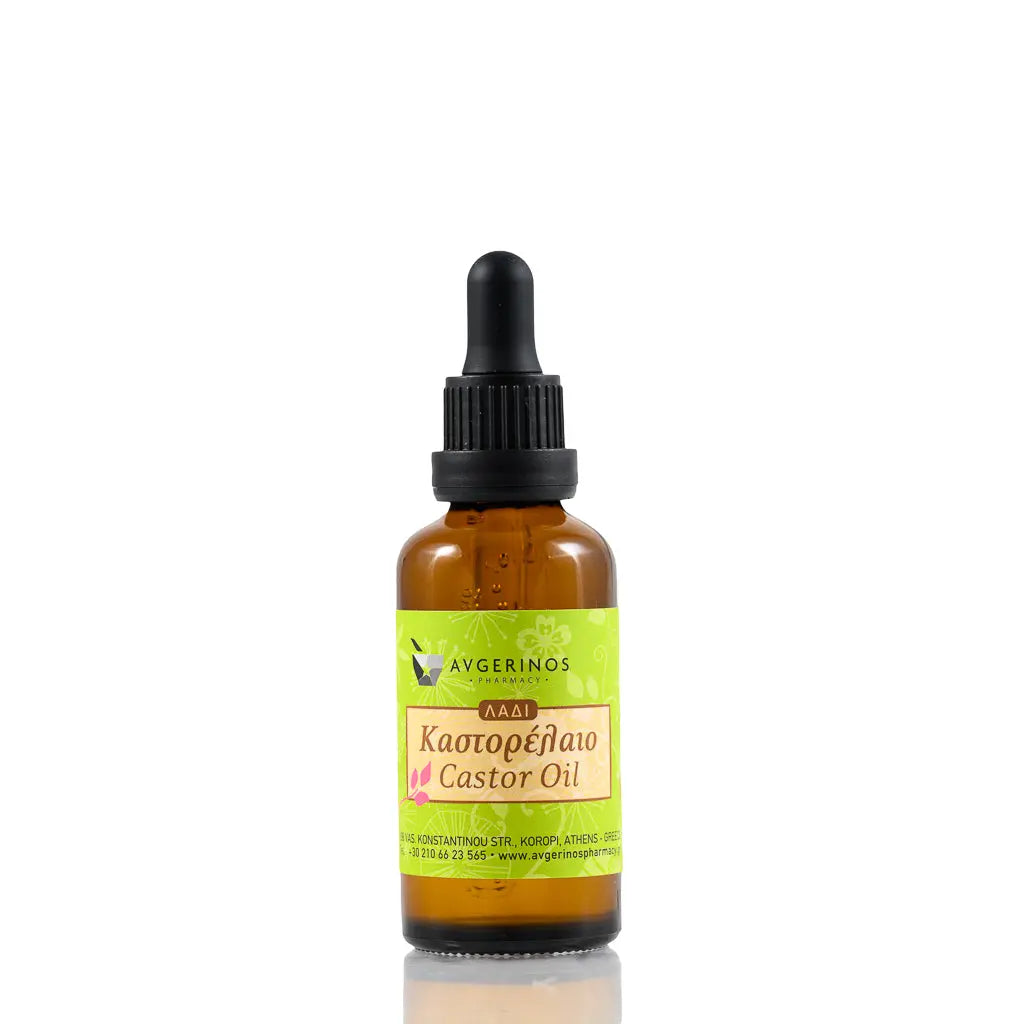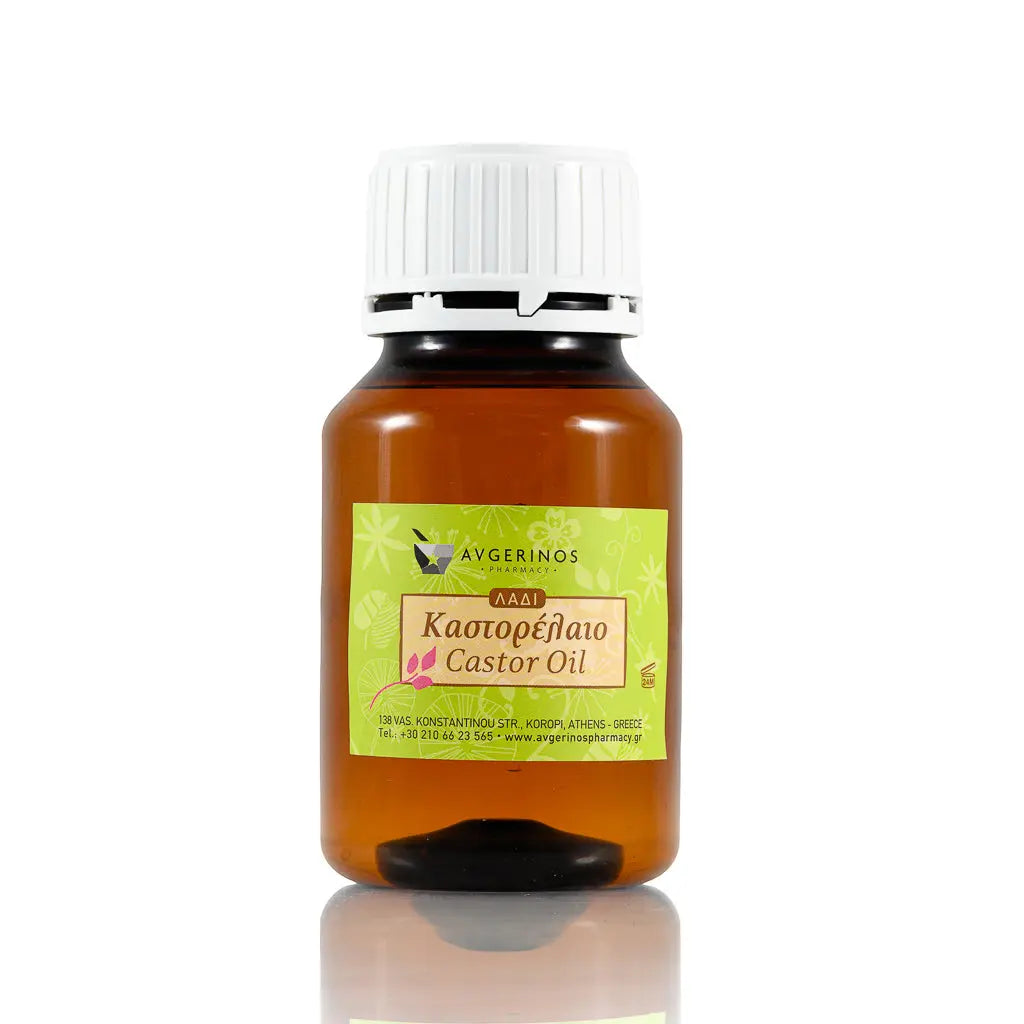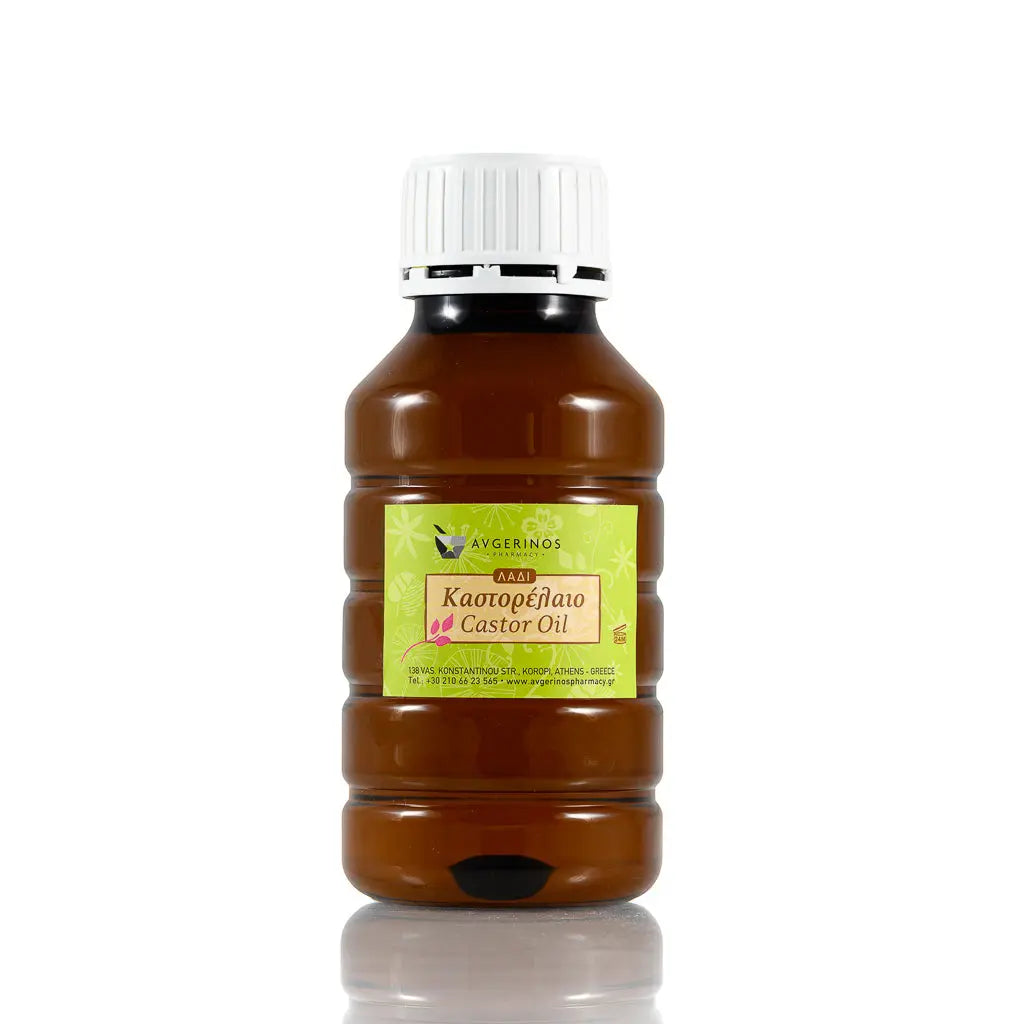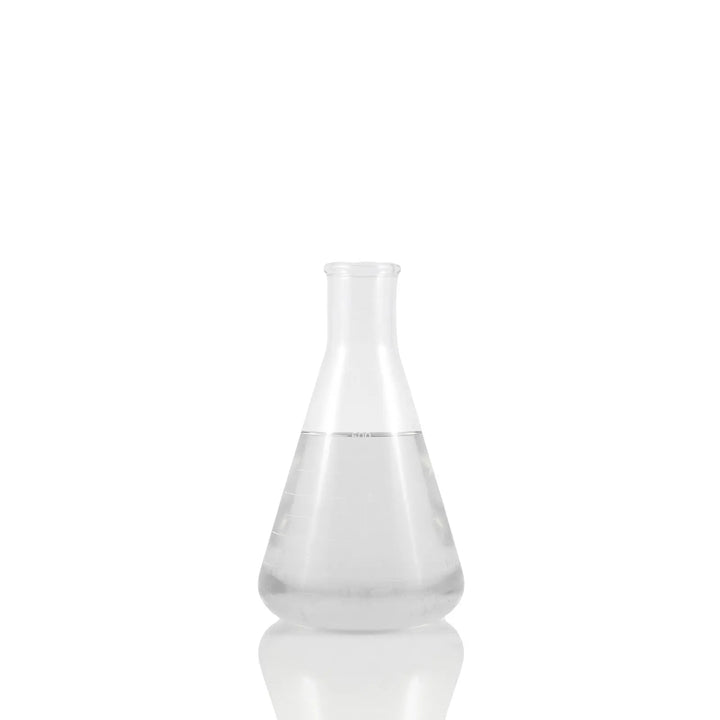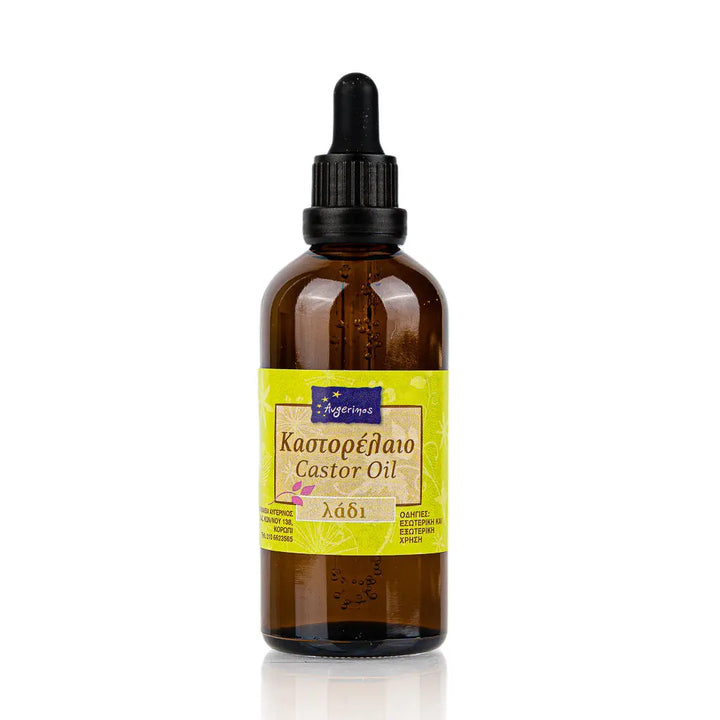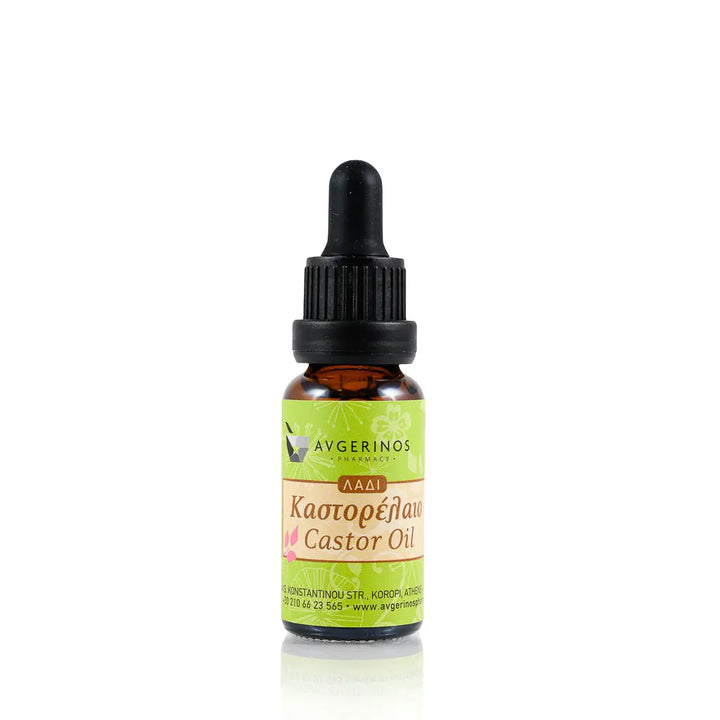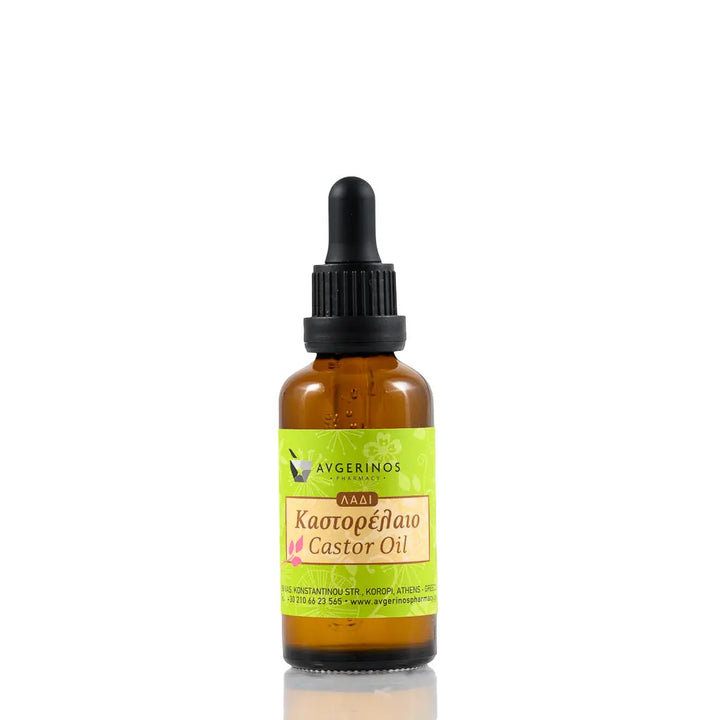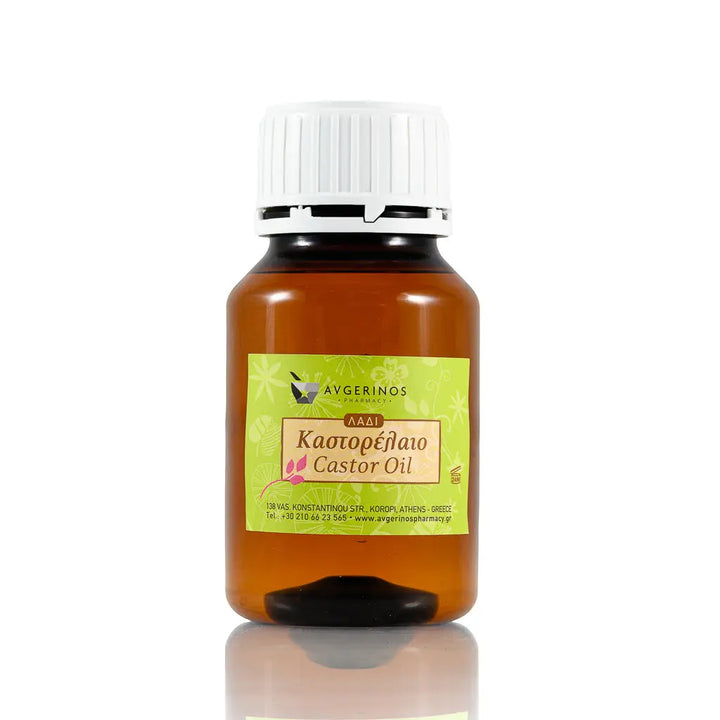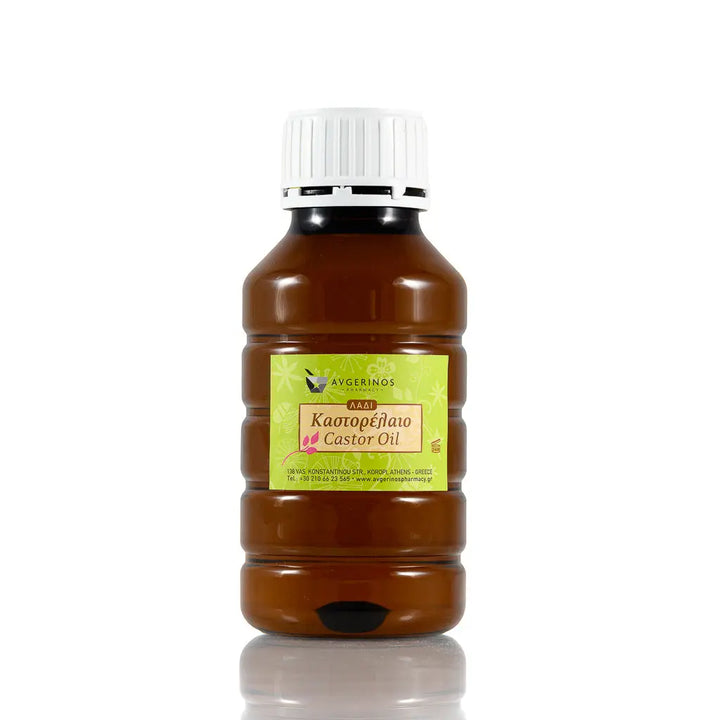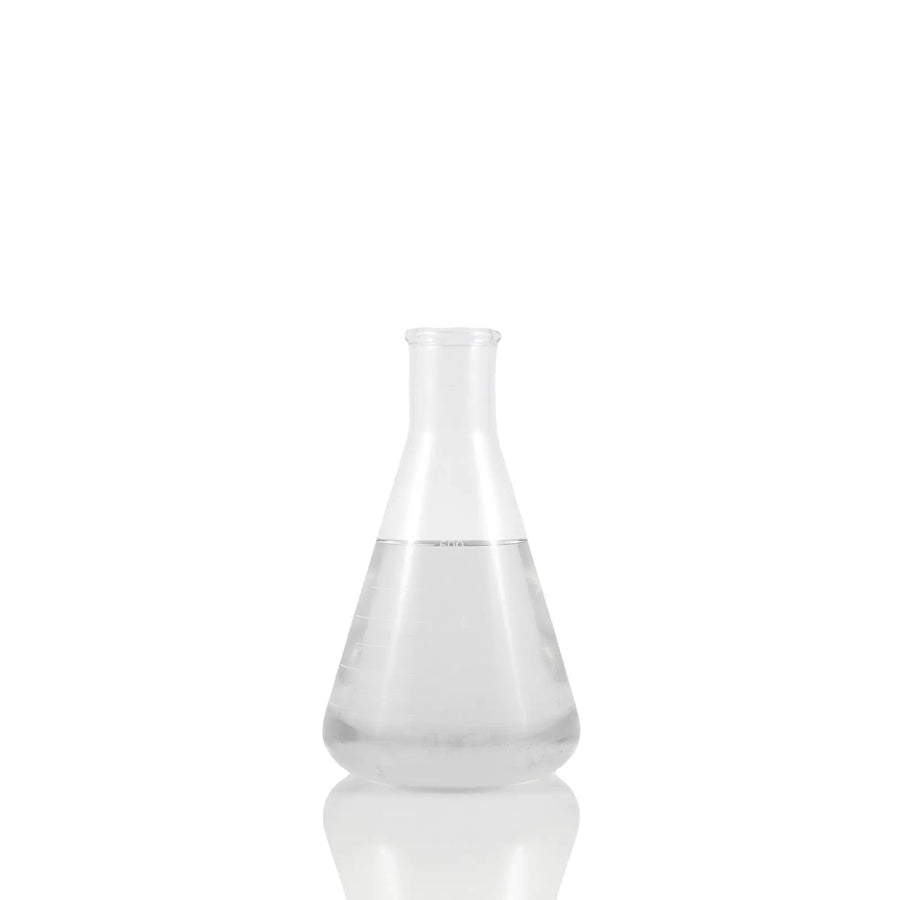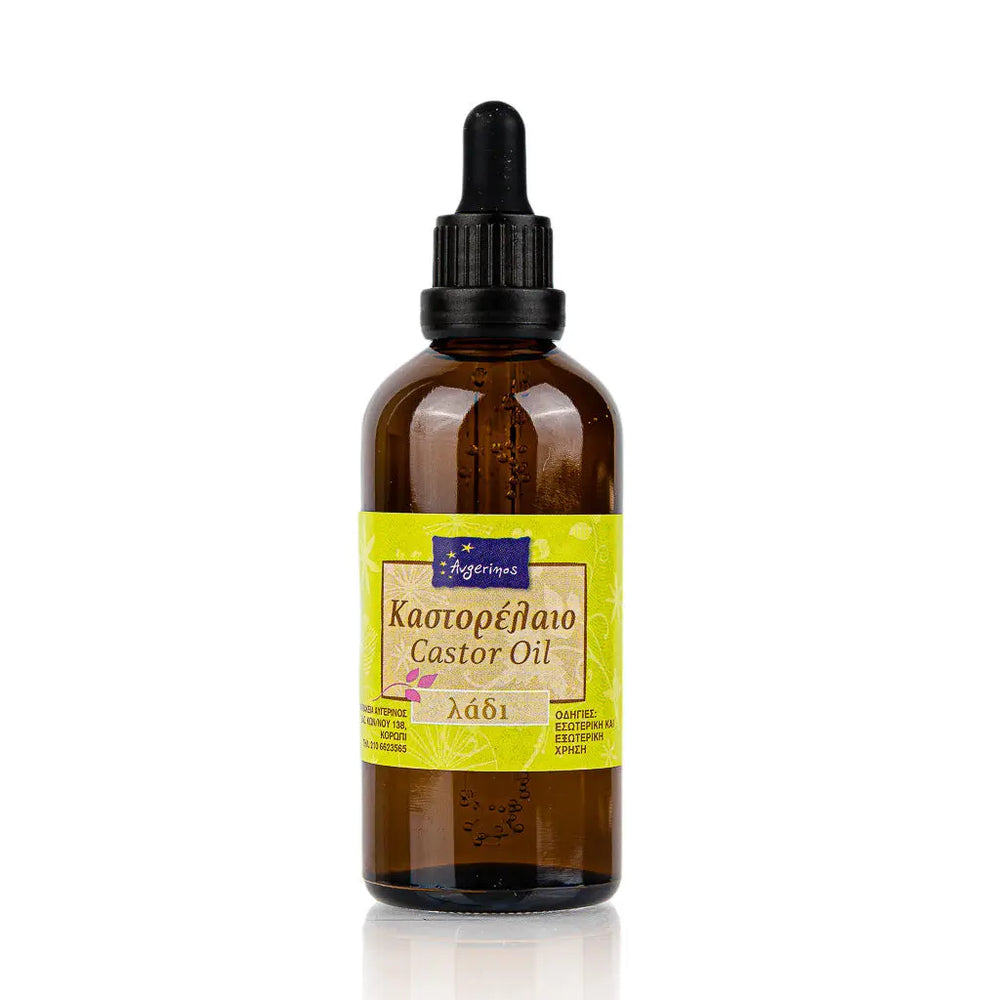
4+1 Gift!
Castor oil is a vegetable oil extracted from the seeds of the Ricinus communis plant. It mainly consists of ricinoleic acid (about 90%), a monounsaturated fatty acid, which gives it the unique properties that make it useful both in industry and medicine.
Castor oil is a colorless or pale yellow liquid with a distinct taste and smell. It contains a mixture of triglycerides in which about 90% of the fatty acids are ricinoleic. Oleic acid and linoleic acid are the other important ingredients.
Castor oil and its derivatives are used in the manufacture of soaps, lubricants, hydraulic and brake fluids, paints, dyes, coatings, inks, cold-resistant plastics, waxes and polishes, nylons and perfumes.
Etymology
The name probably comes from a confusion between the Ricinus plant that produces it and another plant, Vitex agnus-castus. An alternative etymology, however, suggests that it was used as a replacement for castoreum.
Food and preservatives
In the food industry, food grade castor oil is used in food additives, flavorings, candies (e.g. polyglycerol polyricinoleate in chocolate), as a mold inhibitor (stops rice, wheat and pulses from rotting) and in packaging. Polyoxyethylated castor oil (e.g. Kolliphor EL) is also used in food industries.
Traditional medicine
The use of castor oil as a purgative is recorded in the Ebers Papyrus around 1550 BC, and was used several centuries earlier.
Although used in traditional medicine to induce labor in pregnant women, there is no clinical evidence that castor oil is effective in dilating the cervix or inducing labor.
Skin and hair care
Castor oil has been used in cosmetic products including creams and as a moisturizer. Small amounts of castor oil are often used in cold process soap to increase the lather in the finished bar. It has also been used to enhance hair care in other products and for anti-dandruff and anti-hair loss properties.
Properties:
- Lubricating and emollient properties: Used in skin and hair moisturizing products.
- Anti-inflammatory: The presence of ricinoleic acid makes it suitable for treating inflammations and skin irritations.
- Laxative: Castor oil is known for its laxative effect, stimulating bowel movements by increasing water absorption in the large intestine.
- Antimicrobial and antibacterial: Castor oil also has the ability to fight microorganisms and aid in wound healing.
Returns & Exchanges Policy
Free shipping on all exchanges and returns up to 14 calendar days after delivery. Changing an item has never been easier with the new Stock Credit by Avgerinos service .
Necessary conditions are the presentation of the receipt/invoice inside the package and the condition of the products. The products should be like new and not have been opened or used. There are specific products that cannot be returned for health reasons. After we have received and checked your return package, we will then issue the corresponding Voucher/Gift Card with the same amount of money which you will be able to use on our site.
In the event that your products must be fully withdrawn we issue your refund using the same payment method used for the original purchase.
Return costs are free of charge but excluding additional costs due to your choice to use a delivery method other than the cheapest standard delivery method we offer.
For all the details you can read our full allowance and change policy here.
The return address is: 138 Vasileos Konstantinou, Koropi 19400, T +30 210 6623565
Delivery Time & Hours
Delivery Time: (you calculate as the start date the date of shipment, not the order, and only working days are taken into account).
- Land destinations: 1-2 business days
- Island destinations: 2-3 working days
- Hard to reach areas: 2-5 business days
- Delivery days are from Monday - Friday
- Delivery Hours: 9:00am - 6:00pm (on arrival)
Shipping & COD
- Shipping costs for the whole of Greece are €3.90
- Cash on Delivery is FREE
- Most parcels are up to 2kg, and each additional kilo is charged at €1
avgerinospharmacy.gr will not be held responsible for the consequences due to delivery delay or loss of your parcel by the carrier or due to force majeure. If the parcel is not received within the stated deadlines, an inquiry is made to the carrier and lasts up to 15 days. During this period, no refunds or reshipments can take place.
For all the details you can read our full shipping & handling policy here.
4+1 Gift!
Buy 4 Get 5




